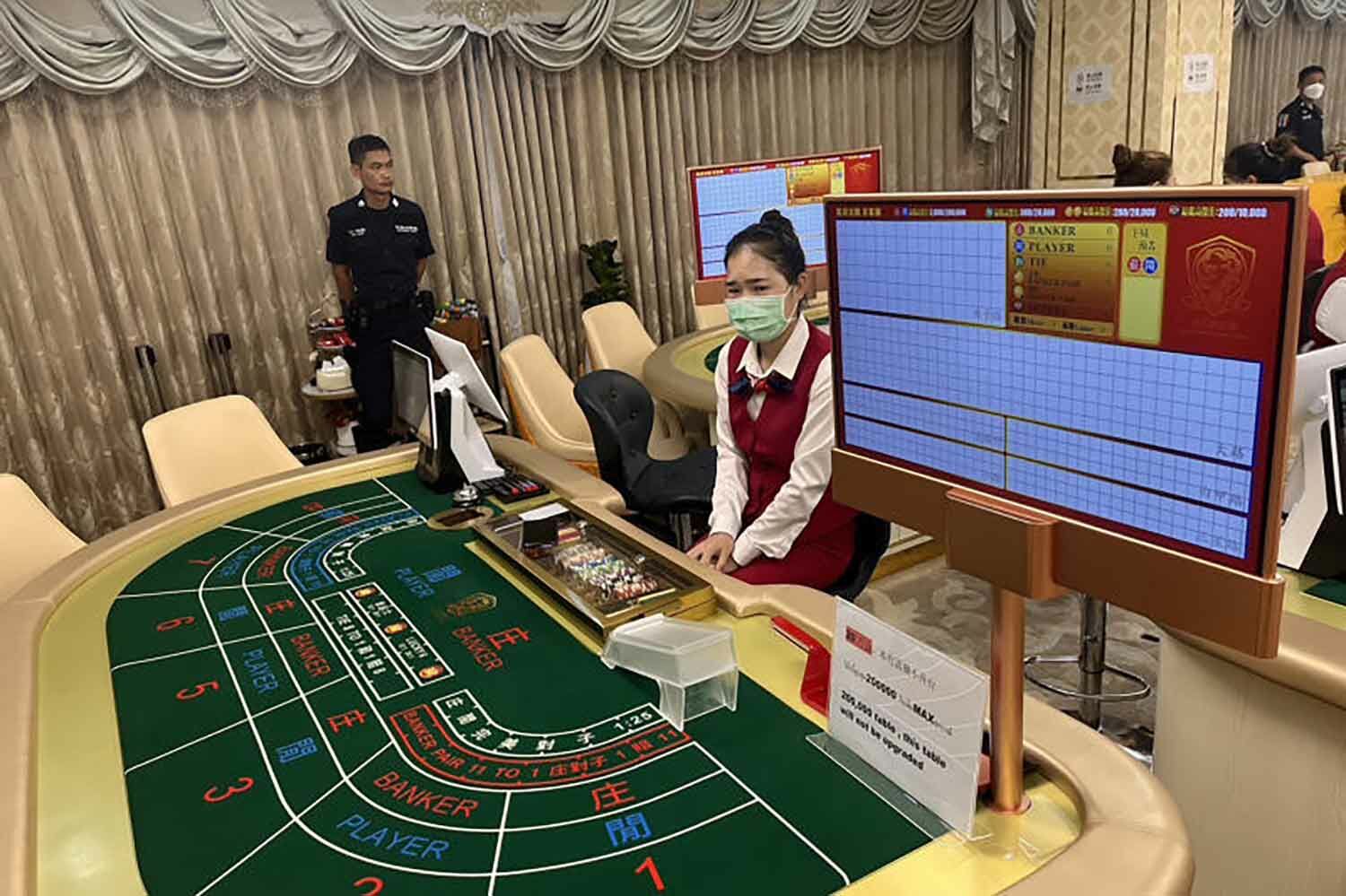Gambling software in Thailand: Exploring innovation and opportunity

Thailand’s gambling landscape is one of contrasts. On the one hand, gambling is strictly prohibited under Thai law, with exceptions made only for the national lottery and certain horse racing events. On the other hand, gambling is widespread, particularly in underground black-market venues. Many Thais continue to place bets illegally in person, often in makeshift casinos or through informal networks. This creates an intriguing dynamic where demand for gambling remains high, but the legal framework restricts access to regulated safe options.
Online gambling, despite its legal ambiguity, has seen significant growth in Thailand. Players often turn to international websites, accessing these platforms through Virtual Private Networks (VPNs) to bypass local restrictions. Mobile technology has further enabled this trend, with smartphone penetration and improved internet connectivity giving players more convenient access to global platforms. While this creates opportunities for international operators, the lack of local regulation means players are often exposed to unregulated or unscrupulous operators.
The potential legalisation of casinos in Thailand has been a topic of debate in recent years, with proponents highlighting the economic benefits, including increased tax revenue, job creation, and tourism growth. If the Thai government were to establish a legal framework for casinos, this could open up enormous opportunities for gambling software developers. The ability to create tailored, high-quality games that cater to Thai cultural preferences, combined with strict adherence to local regulations, would be a game-changer for the market. It would also create a safer, more enjoyable experience for players, steering them away from the risks associated with the black market.

As the discussion around legalisation continues, Thailand remains an exciting yet challenging market for gambling software innovation. Developers and operators must navigate the current restrictions while preparing for a future where regulated gambling could unlock a wealth of opportunities.
Localised solutions for local players.
This means that software providers need to consider Thai culture and preferences, among other things when targeting the local market. Games featuring local themes and visual and language options are examples of games that can make the experience immersive and relatable for users. Of course, software providers that can adapt betting options, in-game visuals, and language to Thai players’ expectations will shine because that level of individualisation magnetises users and assists player loyalty.

Mobile Optimisation along with Cross Platform Readability
Thailand is very popular with mobile gaming due to having a large proportion of its population accessing the internet via smartphones. It is gambling software that places mobile-first design at the top of its agenda, ensuring it operates smoothly on Android and iOS. Cross-platform matters as many players demand a high level of accessibility on all sorts of devices, from desktops to tablets. Live betting and real-time notifications on mobile-optimised platforms provide an improved user experience. They are more attractive and user-friendly in a continuously high mobile internet usage market.
Blending Blockchain and Cryptocurrency
Hashing enthusiasts in Thailand have been turning their attention to digital currencies, and this partnership has given new openings to gambling software providers. Thailand’s tech-savvy consumers who favour the anonymity and speed of transactions offered by blockchain tech can take solace in the platforms that offer cryptocurrency options. Secondly, having a blockchain creates a particular layer of security and transparency, which most players concerned about privacy and the protection of their funds find appealing. It would foster trust and expand the user base in an environment where privacy is often prioritised.

Integrating Live Betting and Esports
The esports sector is an area gambling software developers would love to explore, given that Thailand’s younger demographics are helping to provide interest in this sector. Betting software with options for popular esports titles such as PUBG and Mobile Legends aligns with local gaming interests. In addition, with features that allow users to bet on live betting, betting becomes more dynamic and saves users time. Especially as the Thai esports scene is developing, the time may be suitable for gambling platforms that can wager on their esports offerings.
Personalised AI and Responsible Gambling Tools
Thai users very well receive personalised content, and software with AI capabilities to provide tailor-made gaming experiences has an edge. AI can complement user experience to boost engagement by tracking player preferences and providing relevant games or betting options. It’s also essential — AI-enabled — to have responsible gambling tools that help monitor spending and gaming patterns to promote a safe gambling experience. Such tools are improving the reputation of gambling platforms in Thailand, where the government rules over the local gambling market very strictly, and players have become more attentive to responsible gaming.
Live Casino Games and Interactive Experiences
With limited choices in land-based casinos, many Thai players opt to play at live online casinos to enjoy the casino feel without having to play in person. Also, live dealer software replicates the gambling experience as much as possible with live real-timers and video streaming into the live video. At the same time, live casinos one of them is to add chat features and HD streaming to create a fully interactive experience for Thai players. Thai players are looking for high-quality live gaming with minimal lag and interruption benefits from software providers offering excellent quality live gaming with no lag or interruptions.

Challenges and Future Potential
Thailand’s gambling software market operates under the shadow of local regulations that prohibit total gambling activity. Developers and operators wanting to jump into this space have to work around these restrictions by staying within the law and avoiding explicit targeting of restricted groups. As the market changes, companies that comply with changing regulations while offering top-quality, user-centred experiences can take advantage of Thailand’s growing interest in online gaming and betting.
Thailand’s market also presents unique opportunities for software providers that create mobile products, localisation, and responsible gambling features. By concentrating on these pointers, developers can create customised, involving encounters that reverberate with Thai players and open up the capability of Thailand’s developing internet wagering business.
Latest Thailand News
Follow The Thaiger on Google News:


























